DR. STACEY PATTON is building a movement to change the culture of black family violence in the United States. Her goal is to provide parents, teachers, foster care providers, social workers, law enforcement officials, judges, adoption agencies, child advocates, ministers, and young people from all backgrounds with the tools to better understand the historical roots of corporal punishment against children. She is making the case for transforming this outdated vestige of slavery into healthier, more appropriate 21st-century parenting practices.
Raised by abusive adoptive parents and shuttled from numerous foster homes and youth shelters throughout the State of New Jersey, Dr. Patton is now an award-winning journalist, author, historian, college professor, motivational speaker and passionate children’s advocate. Through her workshops, keynote addresses, and multi-media presentations, Dr. Patton blends the power of her personal narrative with her expert knowledge of the history of slavery and American race relations. In addition to corporal punishment, her presentations also focus on adoption issues, writing and effective communication strategies for direct care providers and foster youth, the role of churches in addressing black family violence, growing up in foster care, paddling in schools and the school-to-prison pipeline, as well as the history of race and childhood.
Participants will find Dr. Patton’s workshops helpful in expanding their knowledge base and thinking about the implications of race for their work. Each presentation is designed to address cultural sensitivity issues impacting the nation’s child welfare system, which serves a disproportionate number of children of color. Audiences will learn new skills and techniques and be introduced to resources. At the same time, parents, guardians, children and other participants from all backgrounds will be moved to better understand the differences between positive discipline and physical violence.
In addition to her lively workshops and inspiring keynote presentations, Dr. Patton is also available for various kinds of fundraisers for non-profit child advocacy programs and organizations.
WORKSHOPS
DR. STACEY PATTON is building a movement to change the culture of black family violence in the United States. Her goal is to provide parents, teachers, foster care providers, social workers, law enforcement officials, judges, adoption agencies, child advocates, ministers, and young people from all backgrounds with the tools to better understand the historical roots of corporal punishment against children. She is making the case for transforming this outdated vestige of slavery into healthier, more appropriate 21st-century parenting practices.
Raised by abusive adoptive parents and shuttled from numerous foster homes and youth shelters throughout the State of New Jersey, Dr. Patton is now an award-winning journalist, author, historian, college professor, motivational speaker and passionate children’s advocate. Through her workshops, keynote addresses, and multi-media presentations, Dr. Patton blends the power of her personal narrative with her expert knowledge of the history of slavery and American race relations. In addition to corporal punishment, her presentations also focus on adoption issues, writing and effective communication strategies for direct care providers and foster youth, the role of churches in addressing black family violence, growing up in foster care, paddling in schools and the school-to-prison pipeline, as well as the history of race and childhood.
Participants will find Dr. Patton’s workshops helpful in expanding their knowledge base and thinking about the implications of race for their work. Each presentation is designed to address cultural sensitivity issues impacting the nation’s child welfare system, which serves a disproportionate number of children of color. Audiences will learn new skills and techniques and be introduced to resources. At the same time, parents, guardians, children and other participants from all backgrounds will be moved to better understand the differences between positive discipline and physical violence.
In addition to her lively workshops and inspiring keynote presentations, Dr. Patton is also available for various kinds of fundraisers for non-profit child advocacy programs and organizations.
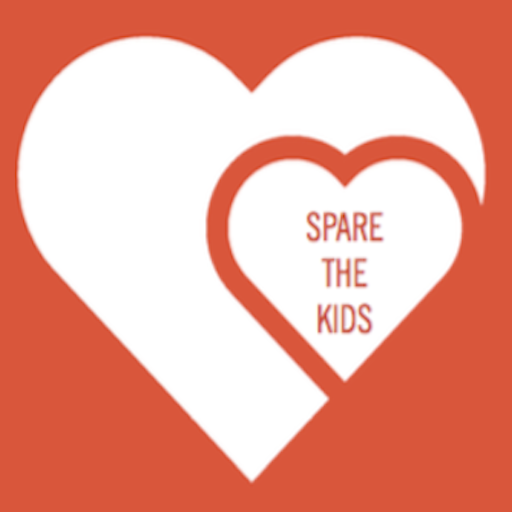

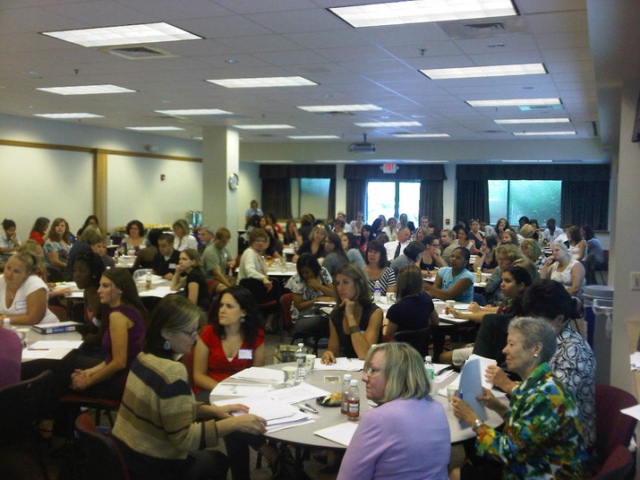
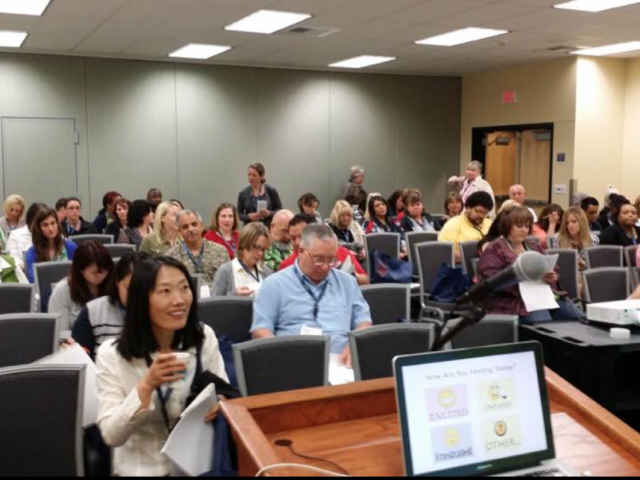
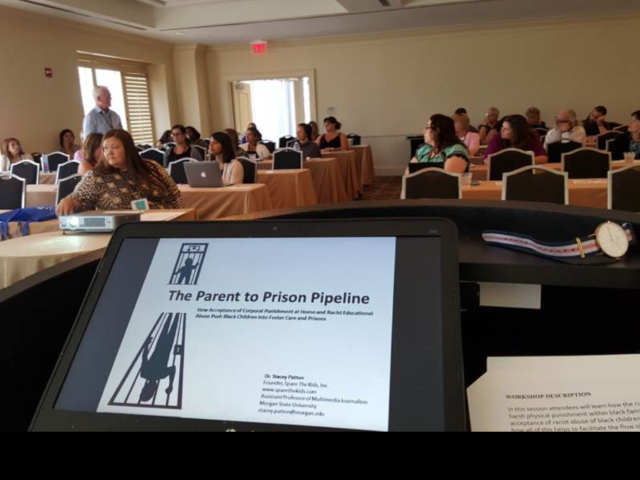
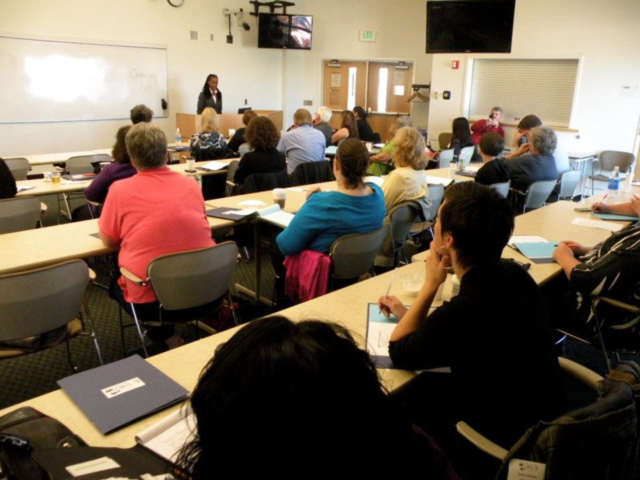
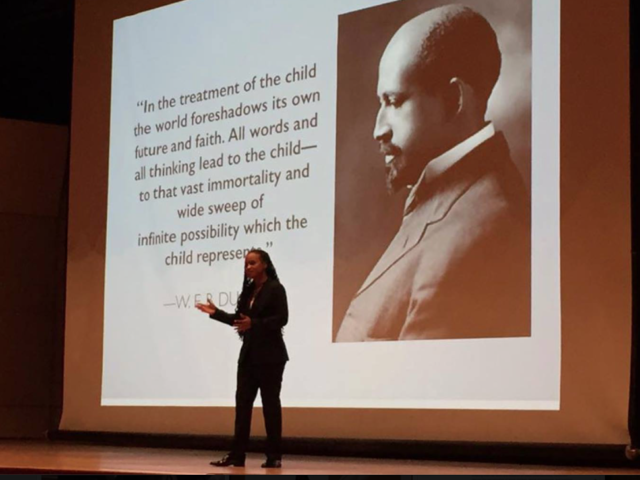
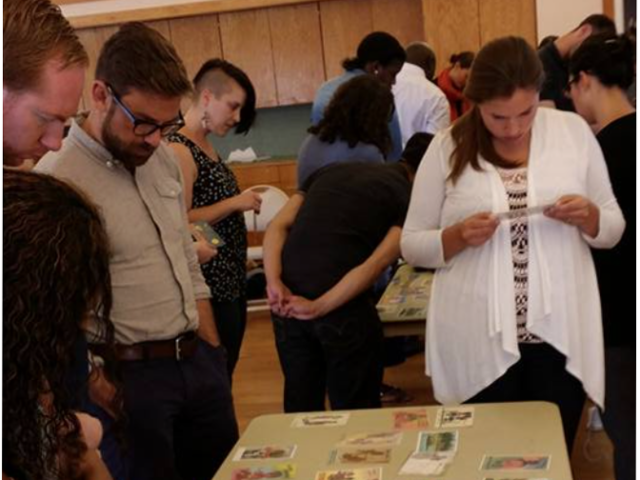
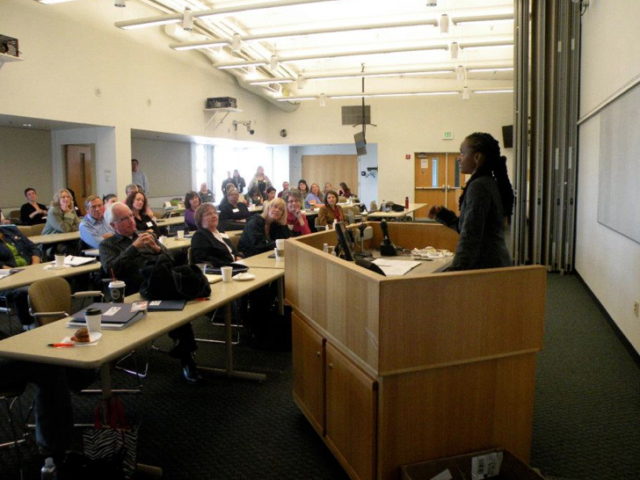
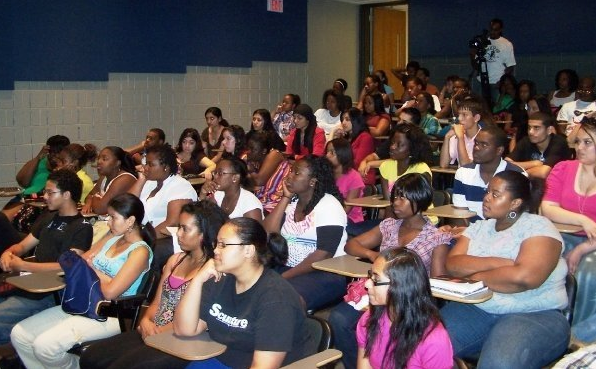
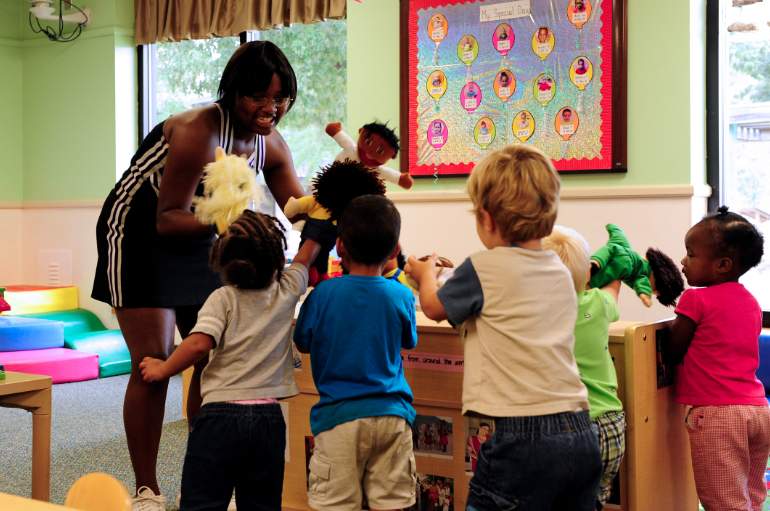


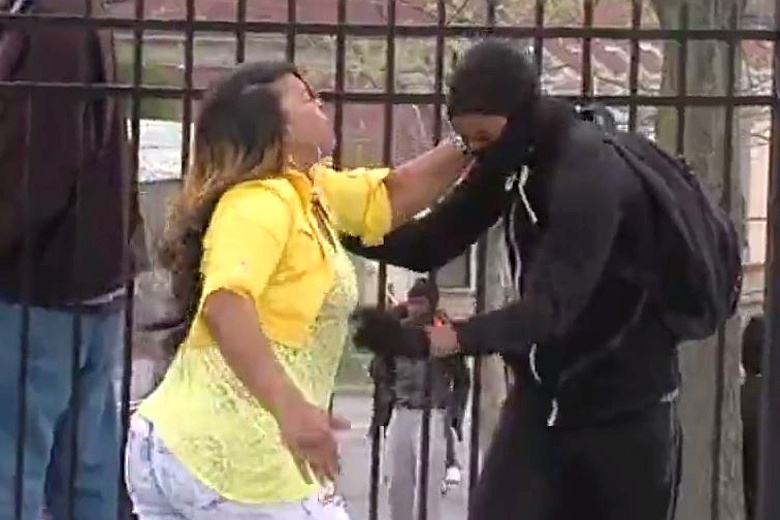
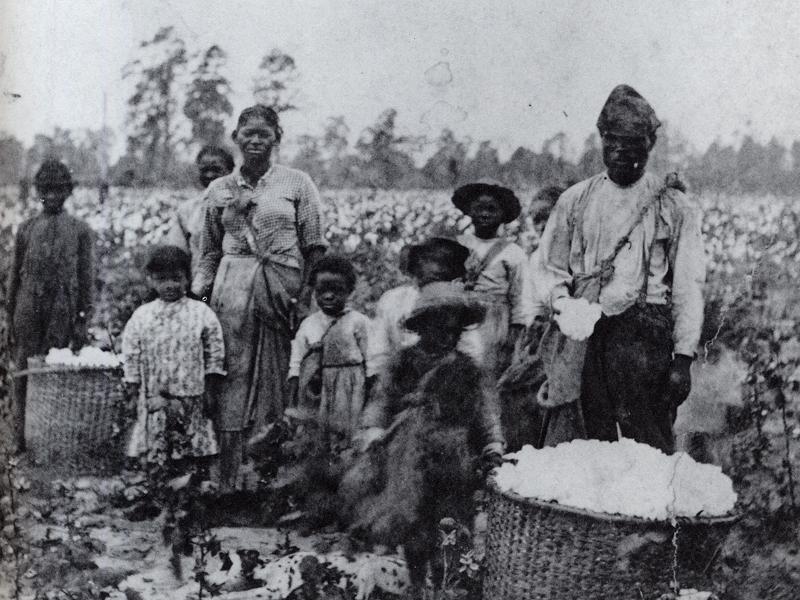
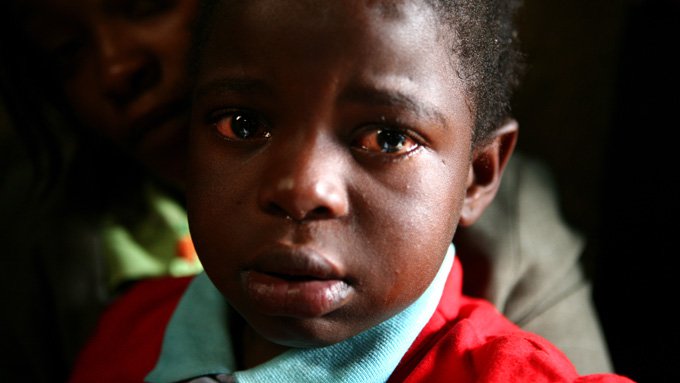
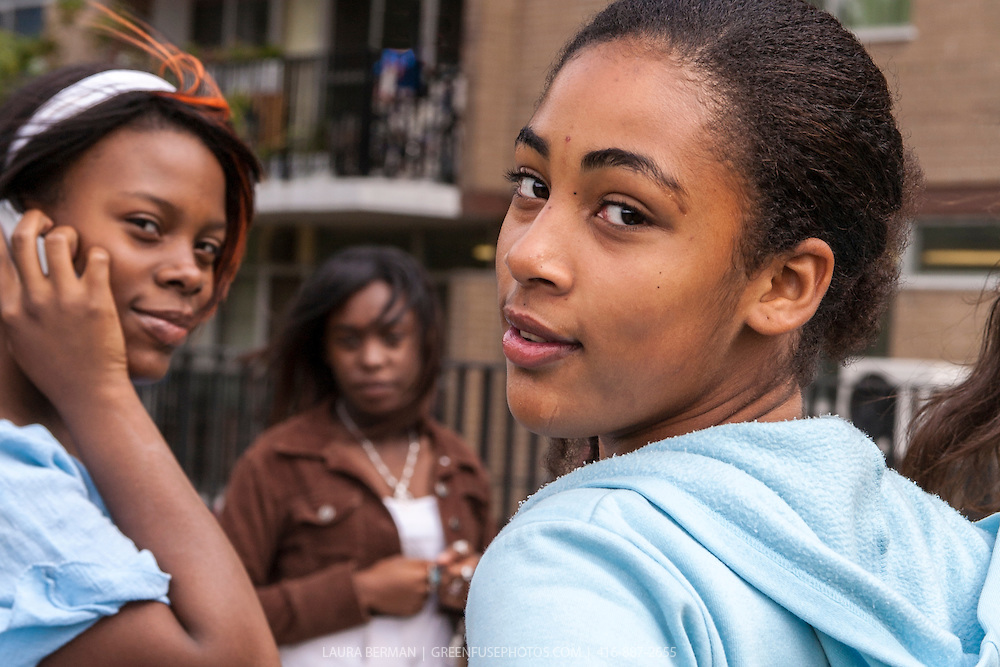

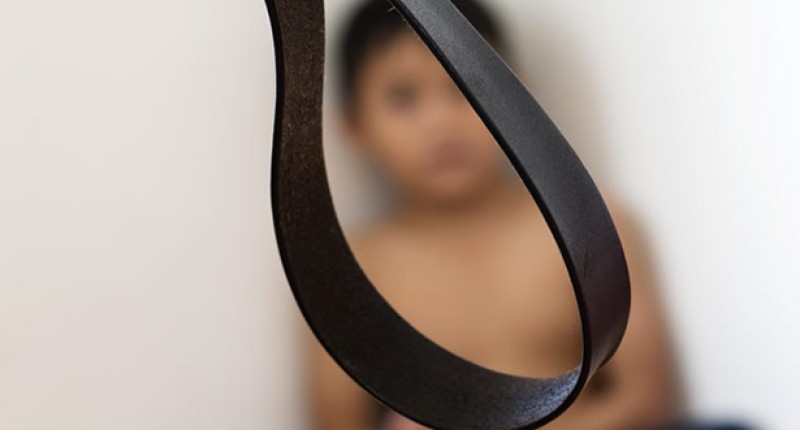

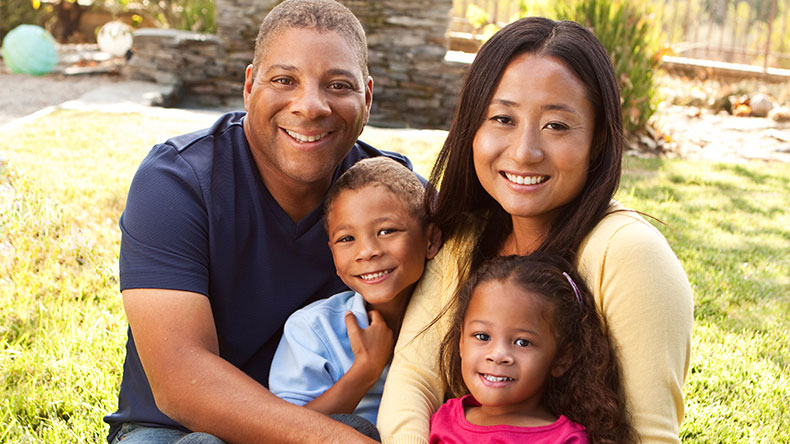
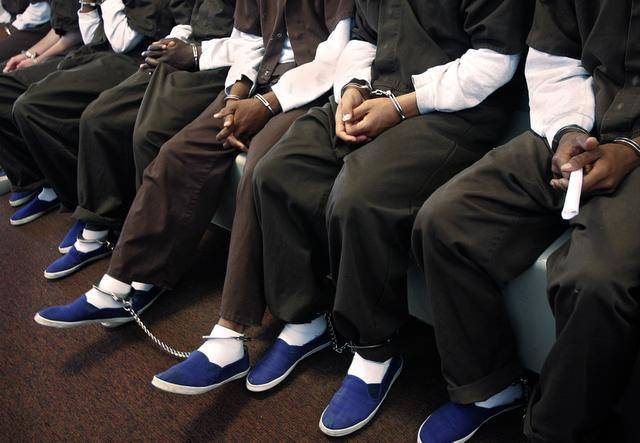

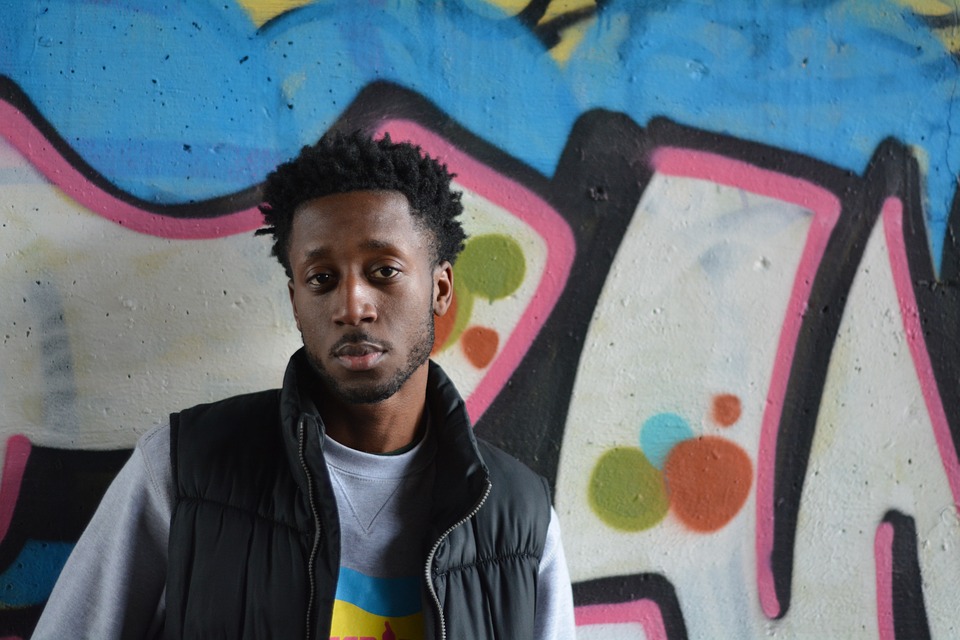
Recent Comments